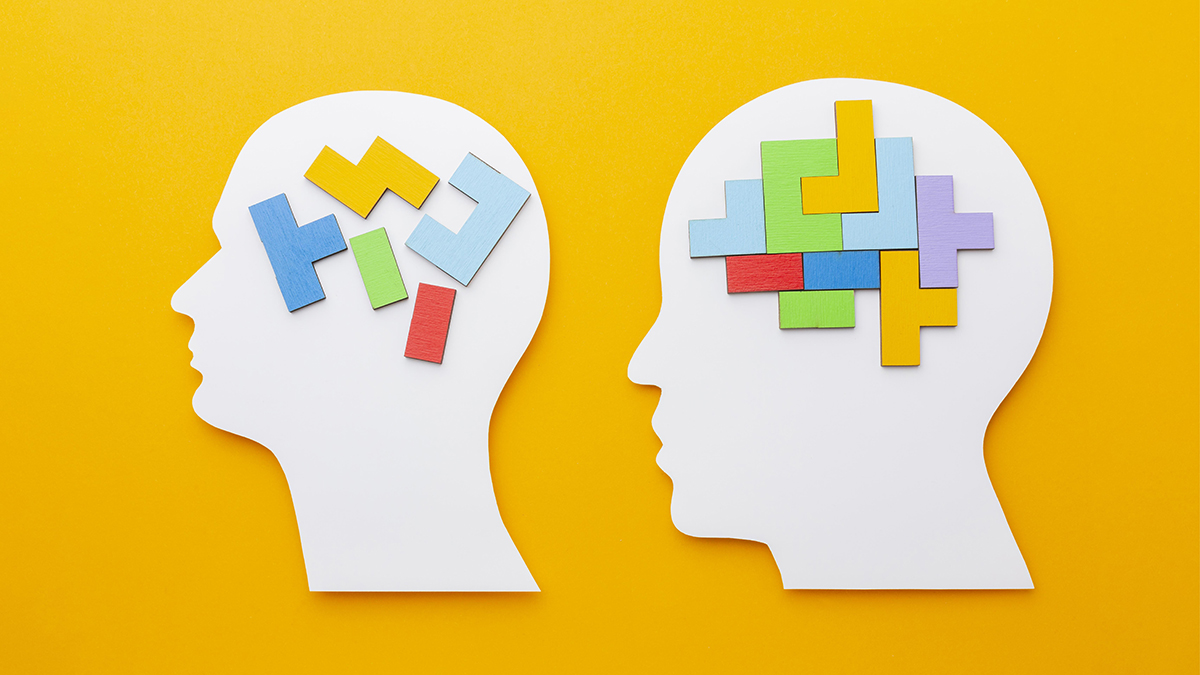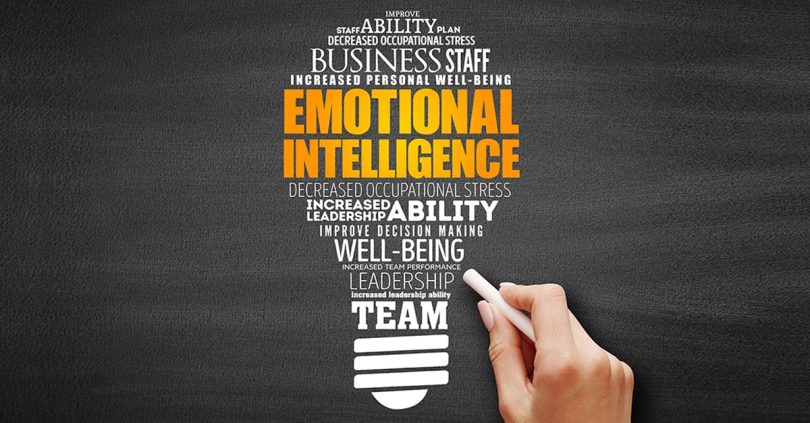Emotional intelligence (EQ) serves as an integral part of our daily lives, influencing our ability to navigate personal and professional relationships effectively. However, understanding the complexities of emotional intelligence and its profound impact on relationships can often be challenging. This article aims to explore the complexities of EQ in the context of interpersonal connections, offering valuable insights backed by research and practical applications.
Table of Content
- Understanding Emotional Intelligence
- Significance of EQ in Interpersonal Bonds
- How to Improve Emotional Intelligence for Better Relationships
- Case Studies: Emotional Intelligence in Action
- Summary

Understanding Emotional Intelligence
Emotional intelligence, often abbreviated as EQ, refers to an individual’s capacity to recognize, understand, and manage their emotions effectively. It also encompasses the ability to interpret and respond to the emotions of others, fostering empathy and understanding. A person with high emotional intelligence can navigate social networks, overcome challenges, and influence others more efficiently. EQ is not a static trait—it can be developed and improved over time, contributing significantly to a person’s overall wellbeing and success.
EQ is typically divided into four key domains: self-awareness, self-management, social awareness, and relationship management. Self-awareness involves recognizing and understanding one’s emotions, while self-management pertains to the ability to regulate these emotions. Social awareness, on the other hand, relates to the understanding of others’ emotions, and relationship management involves using this emotional awareness to nurture and maintain successful relationships.
Significance of EQ in Interpersonal Bonds
Emotional intelligence holds paramount importance in relationships. It serves as the foundation for empathy, mutual respect, and effective communication—key ingredients for a healthy relationship. Without a solid EQ, individuals may struggle to connect on a deeper level, often leading to misunderstandings and conflicts.
Here are some reasons why emotional intelligence is crucial in relationships:
- Communication: Effective communication forms the backbone of any relationship. High emotional intelligence allows individuals to express their feelings openly and understand the emotions of their partner, leading to meaningful conversations.
- Conflict resolution: Disagreements are inevitable in relationships. However, individuals with high EQ can navigate these conflicts in a healthy and productive manner, ensuring that disagreements do not escalate into major disputes.
- Empathy: Being able to understand and share the feelings of others is a cornerstone of emotional intelligence. It promotes mutual respect, understanding, and care, fostering a stronger bond between partners.

How to Improve Emotional Intelligence for Better Relationships
Improving emotional intelligence is a continual journey, but the rewards are worth the effort. Enhanced EQ can lead to healthier, more satisfying relationships, both personally and professionally. Here are some actionable steps to boost your emotional intelligence:
- Practice active listening: Active listening involves fully concentrating on, understanding, and responding to your partner. It’s more than just hearing the words spoken; it’s about understanding the complete message being sent. This skill promotes trust and respect, making your partner feel valued and heard.
- Work on self-awareness: Recognize and understand your emotions. Reflect on their impact on your actions and decisions. By being more aware of your emotions, you can better control them and understand how they affect those around you. This will allow you to manage your emotions effectively in various situations.
- Develop empathy: Strive to understand and share the feelings of your partner. Show genuine interest in their thoughts and feelings. This will not only make your partner feel understood and appreciated, but it will also help you develop a deeper understanding of their needs and wants.
Case Studies: Emotional Intelligence in Action
Several studies have underscored the significant role of emotional intelligence in relationships. These studies illuminate how a high EQ can contribute to better relationship outcomes.
For instance, a 2022 study published in the Journal of Family Psychology found a positive correlation between high emotional intelligence and relationship satisfaction. Participants with a higher EQ reported a higher degree of satisfaction in their relationships, suggesting that emotional intelligence can contribute to a more fulfilling relationship experience.
Another compelling piece of research was published in the Personality and Social Psychology Bulletin in 2023. The researchers highlighted EQ as a significant predictor of relationship longevity. Couples who scored high on emotional intelligence tests were more likely to stay together in the long term, reinforcing the value of EQ in maintaining lasting relationships.

Summary
Emotional intelligence is not just a buzzword. It’s a tangible skill that has the power to transform relationships. High emotional intelligence promotes better communication, effective conflict resolution, and empathy, the cornerstones of a healthy relationship. By developing our emotional intelligence, we can nurture deeper, more satisfying relationships that stand the test of time.
Improving emotional intelligence is a continuous journey of self-discovery, empathy, and personal growth. But the rewards, in terms of personal satisfaction and relationship success, are invaluable. So, let’s embark on this journey together, fostering healthier, happier relationships, empowered by emotional intelligence.








Leave a Comment